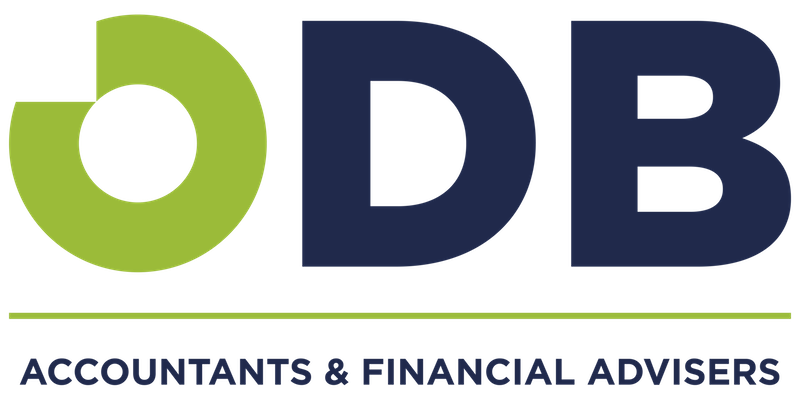As your accountant and tax adviser we would like to introduce ‘Omnifisc‘. An insurance policy covering tax audits and judicial procedures in relation to income taxes and VAT.
The insurance is not intended to cover the additional tax liability due as a result of the audit.
The insurance covers up to € 30,000.00 of expenses and fees of your accountant, lawyer and bailiffs to conduct the fiscal procedure, of which € 15,000.00 is meant for the administrative phase and € 15,000.00 for the judicial phase.
The premium is tax deductible:

It remains difficult to predict if and when a tax audit will take place and how much time it will request. Our fees relating to tax audits (including requests for information, notices of amendment, objections and / or onsite support) are therefore not included in our standard rates. These services are always separately charged at an hourly rate based on the actual time involved.
On the other hand, legislation is becoming increasingly complex and offers less legal certainty. Where it used to be quite clear which approach the tax authorities would take with respect to certain structures, this is no longer the case.
In the search for additional revenues the tax authorities are also asked to make targeted and follow-up tax audits.
In short: the risk of extensive fiscal control, disputes and discussions of the tax administration has increased significantly.
To hedge against unexpected costs such tax audit might involve, you can consider underwriting an ‘Omnifisc’ insurance. For more information you can contact us at info@odb.solutions.

